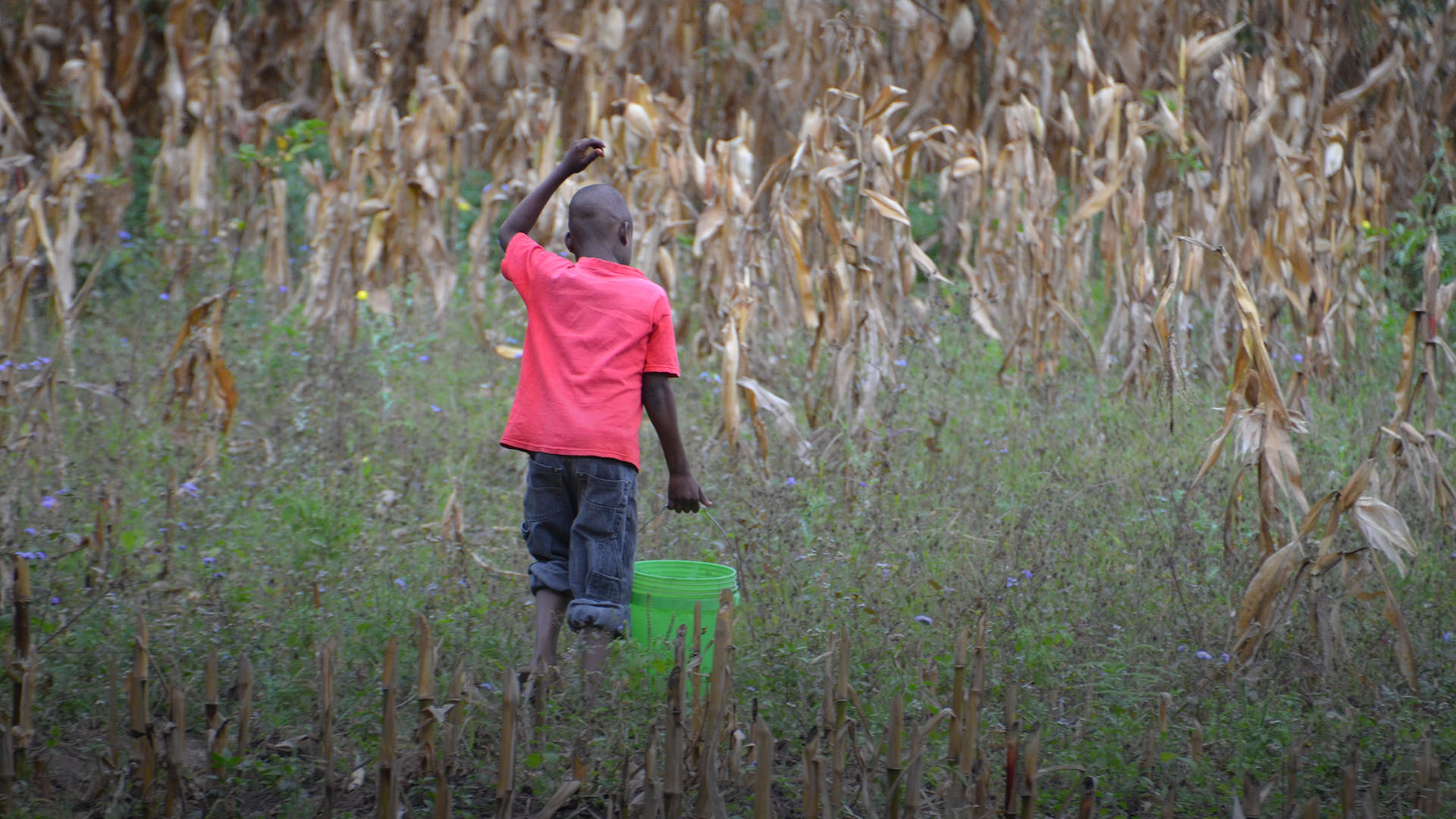Finding a fresh source of water was the key for one community in the Congo to see God’s blessings and love for them.
Fresh from the second worst Ebola outbreak in history, the Democratic Republic of Congo now finds itself in the grips of COVID-19.
The BBC reported on the tricky conundrum that the people there finds themselves in, noting, “Much of the country is under lockdown, but millions of Congolese rely on the informal economy to survive and live life on the margins with little to no social safety net.”
World Challenge partner-churches are mostly based in Beni town and the North Kivu area. Our partners report that there have been demonstrations, sparked by several murders by a terrorist group and also against the general insecurity in town. One partner shared, “COVID-19’s negative consequences are that no meetings are allowed…and no movement between villages. This situation has not allowed us to work properly….”
This situation is slated to change drastically too. August 3rd, all state offices, banks, transportation services, schools and universities opened for resumed business. Churches, long distance transportation, airline flights and international borders started progressively opening on August 15th.
Not a few are concerned that this move to save the Congolese economy will ultimately end up costing many more their lives if caution is not taken.
In the meantime, our partners are working to continue COVID-19 prevention education as they resume evangelism and community development projects that will hopefully save many more people’s lives and souls.
Living to Be a Blessing to Others
Pastor Paluku Kilima has been implementing community health evangelism practices since 2016, and has seen great transformations take hold of churches, neighborhoods and villages in North Kivu.
He has held small business and agricultural trainings that have resulted in fish farms, new schools and home businesses like making bricks. These activities have also given him the opportunity to plant new churches as people see their lives transformed and come to know Christ.
The Mangato village in the Cantine area was one such village. When Pastor Kilima first visited, the people there regularly suffered from diseases like typhoid and were often ill. The people in the town told him that the water was bad, but they also revealed something else.
Our partner who works with Pastor Kilima wrote, “As we started talking about that issue, we realized that other humanitarian organizations had also visited that village for the same issue [contaminated water sources]; they tested the water and confirmed that the water was not very good for health. They even planned to build a well for that community, but those promises were never realized.”
Pastor Kilima and the team continued talking to Mangato’s people about the need for spiritual and physical wellness, and they also started teaching the local pastors how to help communities identify their needs and find the solutions to its own problems.
Together with the local pastors, they began working with the villagers to discuss how they could find a solution to the contaminated water on their own. Many of the people began eagerly throwing themselves into the work, and the church supported the venture to improve everyone’s living situation.
What major nonprofit organizations had failed to do for the village, the villagers were doing for themselves.
Seeing Transformation in Their Town
At last, Mangato village finished work on their well and clean water initiative. “Finally,” our partner reported, “this community has clean water to drink. Doing this, we prevent more that 110 families from sickness.”
Through the process, five individuals actually came to know Christ, and Pastor Kilima was able to talk more with the villagers about the changes happening in Mangato.
One local told him, “We were feeling so bad because the water was so dirty. Animals and children used to come here and play in the water all the time…. The risk of dying from fever, cholera and diarrhea was very high because we were sick all the time and had to spend money going to the hospital.
“It was really a big need for us, and many people passed through here and promised to help us to get clean water. But they failed to realize their promises…. You proved to us that it was possible, and now we are drinking clean water.”
Now, more than 556 people come to this safe water source.
In a time when the news often is so grim, this proof that God sees his people’s needs and answers their prayers for relief is cause for much rejoicing.
